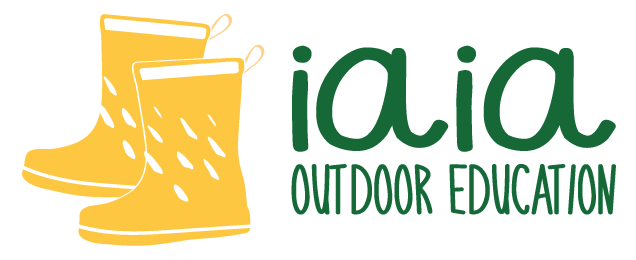The children’s ages range from 2 to 6, is a crucial period for the acquisition of new skills and, for most of them, is the first real moment of separation from their family environment. In this delicate stage, children also experience their first concrete forms of socialization with both teachers and peers. Such events are of vital importance and can influence the child’s future inclination towards sociality.
Starting from these premises, which we believe to be fundamental, our pedagogical method will be inspired by many concepts of pedagogical activism. It is essential that children gain concrete educational experiences, useful for their growth and gradual acquisition of skills, as theorized by the pedagogist John Dewey. He affirmed the importance of the concept of Learning by doing to increase children’s autonomy.
We also draw or inspiration from some of Froebel’s theories. According to him, children are compared to plants and teachers to gardeners who have to take care of them.
Children should have the opportunity to express their creativity freely, to develop their motor skills and to explore the natural world around them. For him, free play was seen as a spontaneous activity, fundamental for the development of language skills and cooperation.
We will structure our teaching activities in a playful way, in order to promote the acquisition of the skills required by the Ministry of Education for pre-school children and also for the acquisition of the English language.
We also consider of absolute importance some of the theories of Maria Montessori, the Agazzi sisters and finally Steiner – following their pedagogical theories, we focus our educational action on children and on the enormous formative potential of the link between nature and childhood. In fact, there will be many activities inspired by the above-mentioned educationalists that will take place in the open air, such as gardening – activities that give children the satisfaction of seeing how flowers or fruits are born. Other activities will be the exploration of nature and the collection of natural material to be classified and analysed in class, as well as the observation of nature to understand the cycle of the seasons and some other outdoor activities. In addition to contributing to the child’s physical growth, these activities in contact with nature also have the potential to increase the child’s sensory and emotional development and to introduce topics such as environmental education and curiosity about nature.
Attention will also be paid to exploring the world through the 5 senses, a pedagogical strategy supported jointly by Montessori and the Agazzian method. In a playful form, there will also be some practical activities, typical of the Montessori method, linked to everyday domestic life (putting away the games once used, setting the table etc). More generally, there will be activities designed to teach children how to do things on their own, to develop autonomy and coordination in movements in order to increase their self-confidence and improve their skills.
Teachers will also teach good personal hygiene and physical education habits, that will be taught through rhythmic exercises, exploration of the forest and vineyard, outdoor games and mime repetitions of gestures.
In addition, art education will be an important part of the whole school curriculum – it will initially be an activity of free expression of children’s creativity and then it will be linked to the fables and the fairy tales that we will read at school or to the children’s experiences lived in nature.
